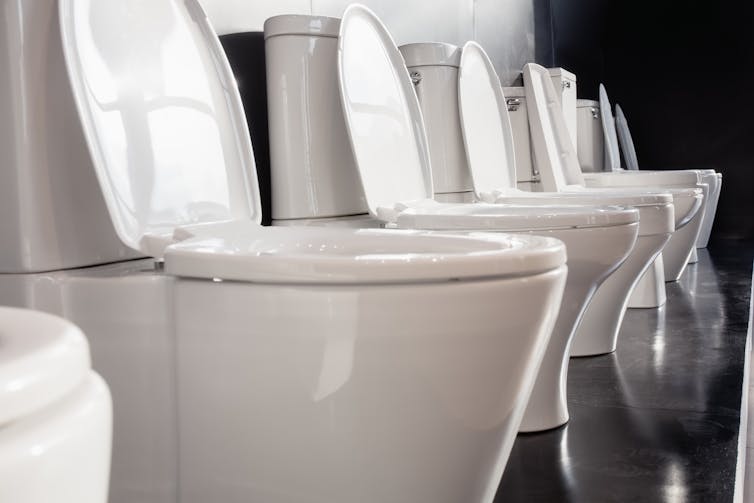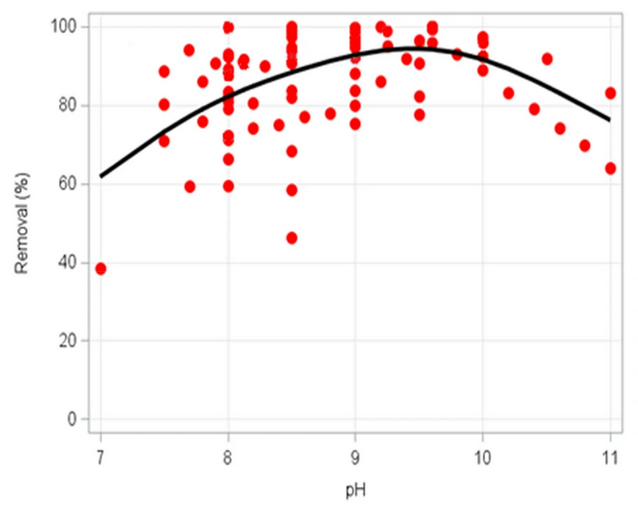Björn was invited as Sweden’s representative in the Vietnames Agritech conference during the 28th of November. The title of his talk was technical solutions in relation to “Challenges in Post-Covid Environment for Agriculture Sector”. His focus of the presentation and the panel discussion was that the circular economy can reduce the pollution of the environment as we remove the nutrients from the linear flow of today. At the same time do we increase the resilience in the agriculture as we can replace up to half of the imported mineral fertilisers with local waste and wastewater generated fertilisers. The new Covid era gives new opportunities for global collaboration and knowledge sharing over the internet.








